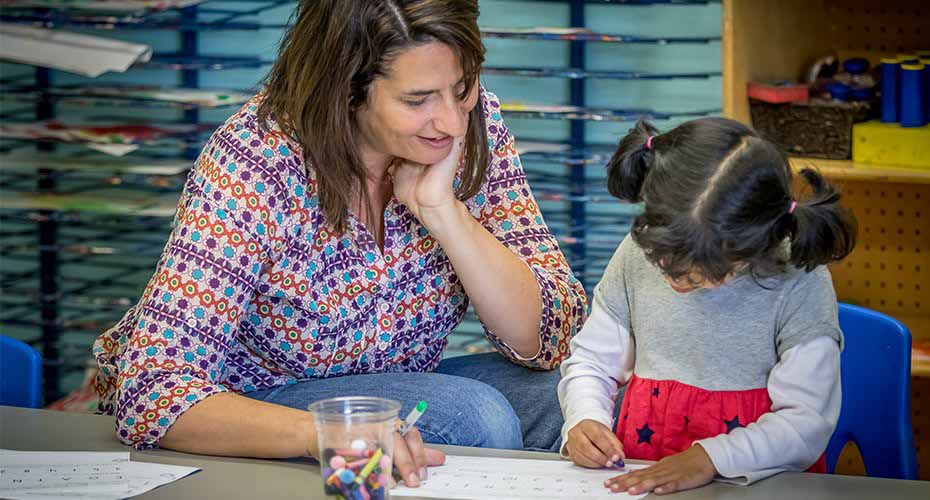A Survivor’s Guide to Your Elementary Education Degree Program


When you enroll in elementary teacher school education programs, you are beginning your path toward a fulfilling career.
Elementary teacher programs are designed to help students become successful teachers. Knowing what to expect while you are there can alleviate a lot of stress. Keep reading and you will soon be a savvy student who can survive-and thrive-in any educational program.
Survival Tip #1: Know the Requirements
The best tip for surviving your elementary teacher experience is to thoroughly understand all of the major coursework and requirements for obtaining your elementary education degree at the institution you are considering.
While colleges have different specific degree requirements, they all have the basic course components of educational psychology and core academics. Some now offer elementary teacher courses that gives you proficiency in a specialty area as well. Here are some requirements to expect in your elementary education degree:
- Core Academics – These courses ground students in the basic knowledge they will need to impart to their classes, such as mathematics, language arts and history. Oftentimes, elementary education degrees require between five and 10 courses with titles like Methods: Elementary School Language Arts or Integrated Mathematics and Science.
- Educational Psychology – Most elementary teacher programs require four or five courses in classroom management and educational psychology, which teach students how to run a classroom and interact with children.
- Specialty Area – Though many elementary education programs do not require their students to declare a specialty area, an increasing number do. Students can pick from areas such as language arts, mathematics, social studies or science, with five to eight courses typically required in that area.
Survival Tip #2: School Takes Time
You may be so excited to start your elementary teacher program that you feel like you should spend your entire college experience practicing in front of real students.
But remember, just like your elementary students learn concepts in order to expand their ways of thinking and seeing the world, your classes are preparing you to interact in the most effective way as an elementary teacher.
By offering classes like Societal Applications of Abstract Algebra, your elementary education program is turning you into a well-prepared elementary teacher, with the breadth to teach a variety of classes over the life your career.
So approach each class in your curriculum as an opportunity to become more versed in your industry and more prepared to engage with your students. This is your chance to soak up as much information as possible. Then when you finally earn your elementary education degree, you can teach with confidence.
Survival Tip #3: Get the Most Out of Student Teaching
No elementary education degree is complete without the rich and rewarding experience of student teaching. Before you begin, consider the following tips for smooth sailing:
- Make the right match – Students have some say regarding the district in which they do their student teaching, so do your research and pick a school that you feel will most enrich your understanding.
- Meet with the teacher – Before starting at your chosen school, make sure to have a meeting with the teacher that you’ll be working. He or she can be a great resource and give you priceless information about the class and the students.
- Get organized – Develop weekly schedules and daily plans to keep your lessons engaging for the students. Alter them depending on the needs and abilities of the class.
- Work as a team – It may be difficult to teach when you know the real authority still stands with the teacher. It will be important to work respectfully and professionally if you want to maintain a healthy working relationship. And don’t forget the teacher has a lot to teach you. Ask for constructive feedback and take good notes!
Survival Tip #4: Learn From Your Mistakes
New teachers can sometimes be discouraged by bad days in the classroom, especially when they are student teaching. If a misbehaving student or misstep in communication threatens to damage your confidence in your teaching abilities, remember to keep your perspective. Even grown-ups make mistakes-and children need to learn this too.
By embracing your mistakes, learning from them and moving on quickly, you will diffuse the situation and rekindle trust in the classroom. For instance, if you blame a child inappropriately, calmly address the class and acknowledge your mistake. Most likely, your behavior will be forgotten by the students, and you will remember it enough to be sure to never repeat the offense.




